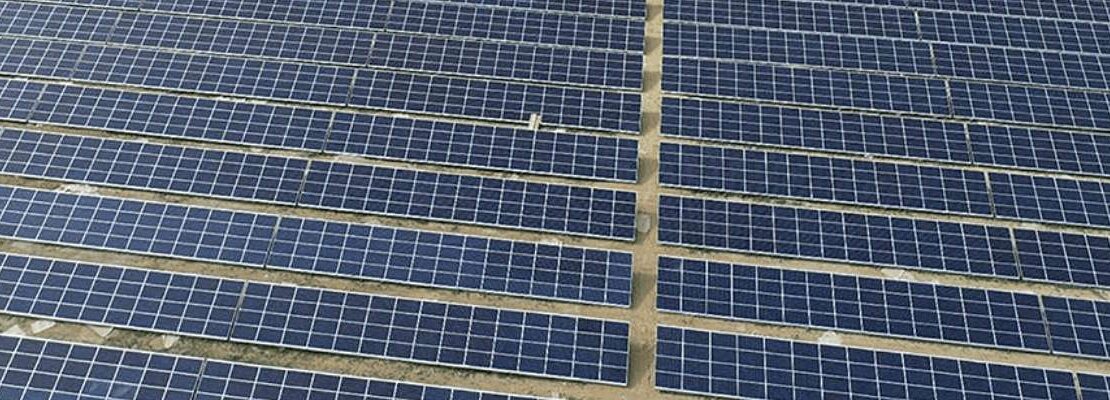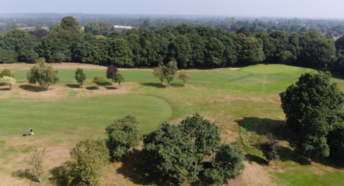Put solar panels on roofs not farmland, says CPRE Berkshire
Local countryside campaigners have raised “serious concerns” about West Berkshire Council’s policy on renewable energy.
The Berkshire branch of the Campaign to Protect Rural England (CPRE) says that the council should be putting photovoltaic panels on rooftops instead of creating a massive ‘solar farm’ at Grazeley.
West Berkshire Council is aiming to construct the solar energy development on 30.5 hectares of agricultural land at Bloomfield Hatch Farm, but CPRE Berkshire says this represents “unnecessary industrialisation of our countryside”.
CPRE believes renewable energy can best be generated by installing solar panels on roofs, and leaving the countryside for agriculture and nature.
The charity is calling on the council to “rethink its approach to renewable energy”.
“There are ways to meet ‘net zero’ without erecting massive wind turbines on our hills or smothering farmland with solar panels,” says CPRE Berkshire Chairman Greg Wilkinson.
“By far the most sensible, practical and environmentally-friendly way to regenerate renewable energy is by putting photovoltaic panels on roofs, and especially by making use of large areas of roofing such as on factories, warehouses, office blocks, schools and hospitals.
“There is also a vast and currently untapped resource in the form of car parks which can easily and inexpensively be ‘roofed’ with solar panels.”
West Berkshire Council owns a number of buildings in the district where solar panels could be installed, says CPRE, including council offices and schools.
“The potential of existing buildings to generate renewable energy is being dramatically underutilised at present,” explains Greg. “The council should start with the buildings it owns and then go on to providing incentives to the owners of other large buildings to instal solar panels.
“There are also many opportunities for solar to be included in all plans for new buildings. In CPRE’s view, West Berkshire Council should not be granting permission for any new builds of any kind in the district unless rooftop solar energy is incorporated.”
Large ‘arrays’ of round-mounted solar panels not only disfigure the landscape but there is evidence that ‘temporary’ solar farms can do lasting damage to the soil quality and biodiversity of the countryside around them, preventing the land from being used in future for grazing farm animals and harming the local wildlife too.
“We are very fearful of the permanent damage that can be done to farmland,” says Greg. “In South Oxfordshire a solar farm at Chalgrove has just had its permission extended to 2054. So that’s another three decades of environmental harm.”
Greg adds: “We are all for renewable energy but not the sort of schemes that industrialize our rural landscapes and do more harm than good. The solar farm at Grazeley falls into that category. It is no surprise that the plan is strongly opposed by local residents as it is such a badly thought-out scheme.
“Rooftop solar panels are the best way to generate renewable energy as they can be implemented on a large scale without affecting the appearance or tranquillity of the countryside. We call on West Berkshire Council to drop plans for the Grazeley solar farm and instead focus on rooftop renewables.”








